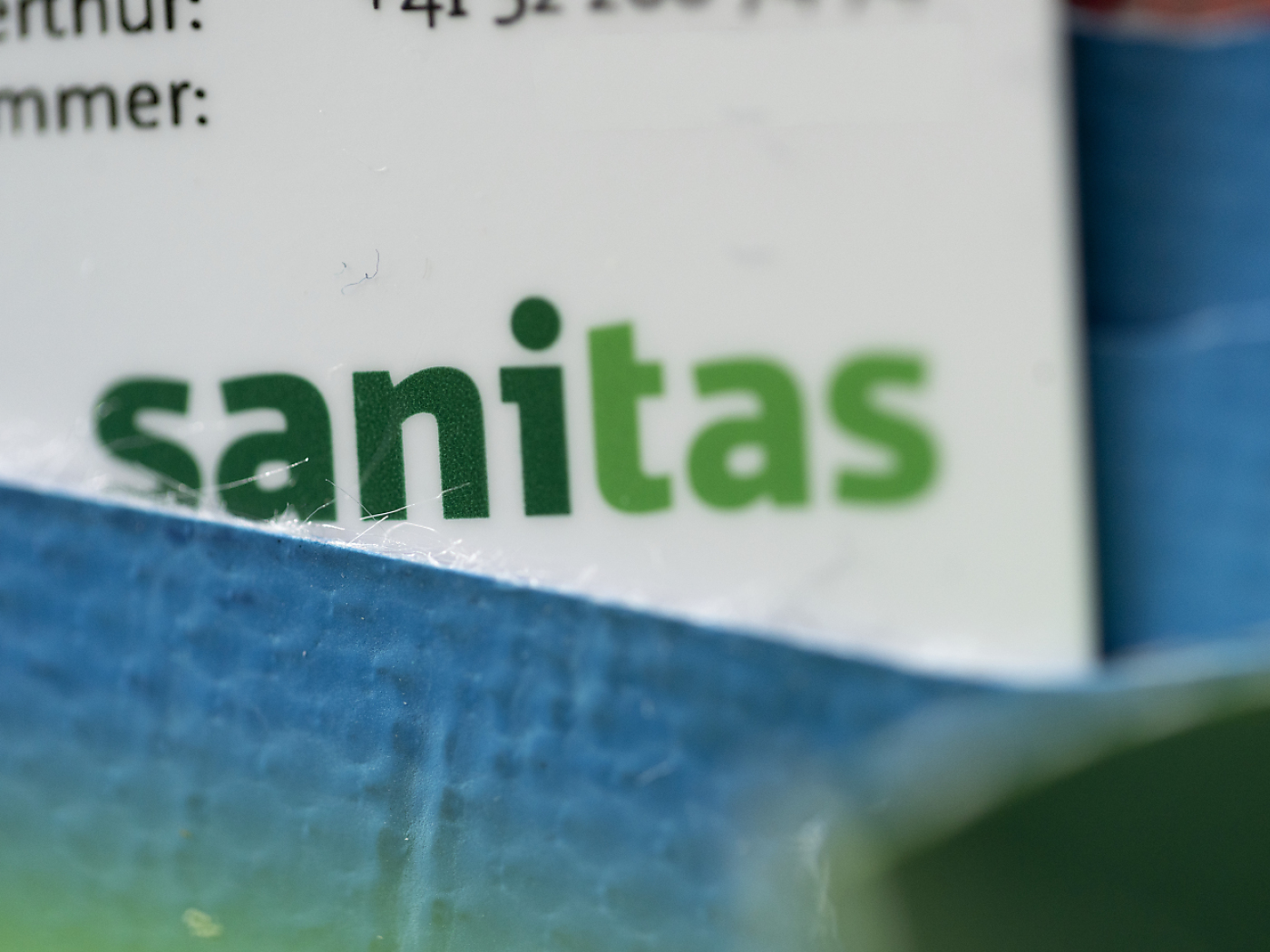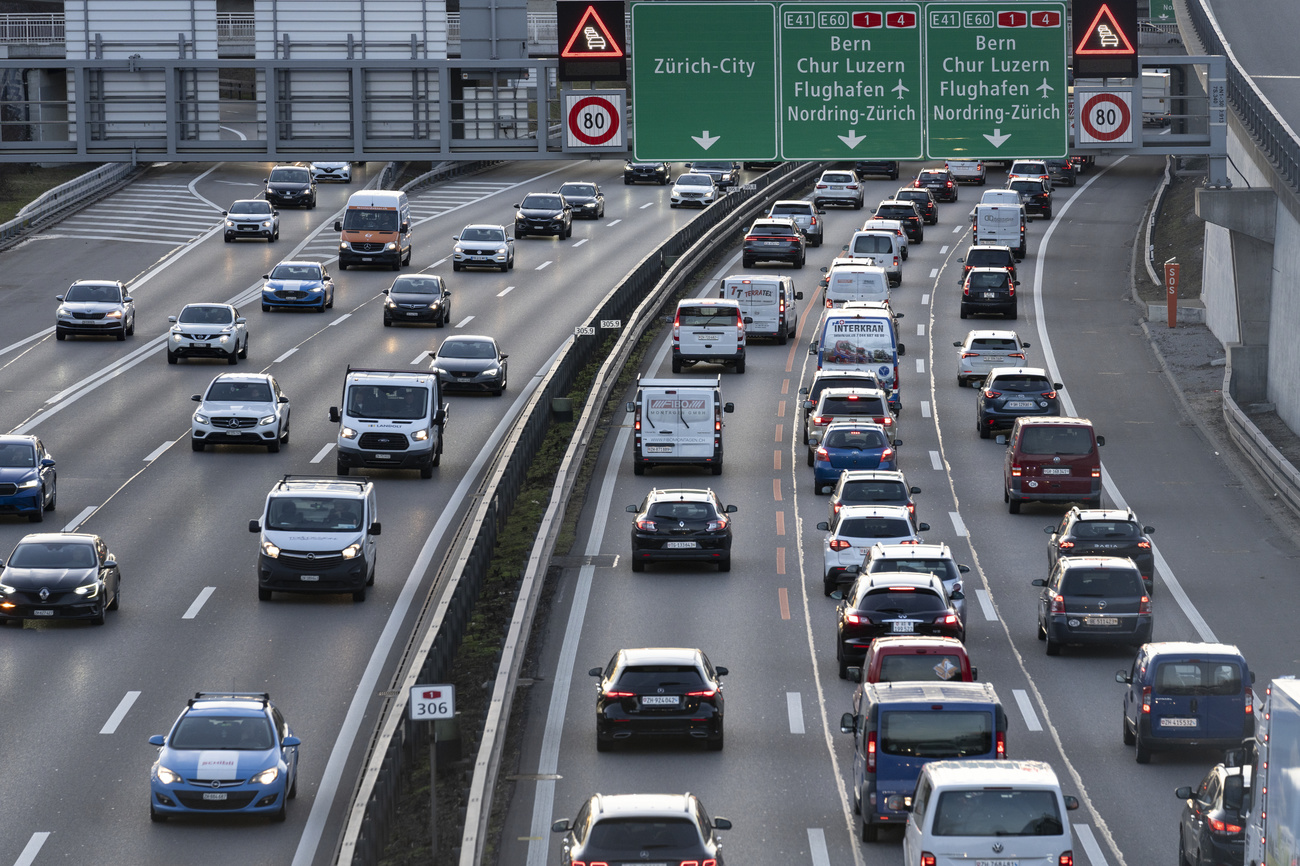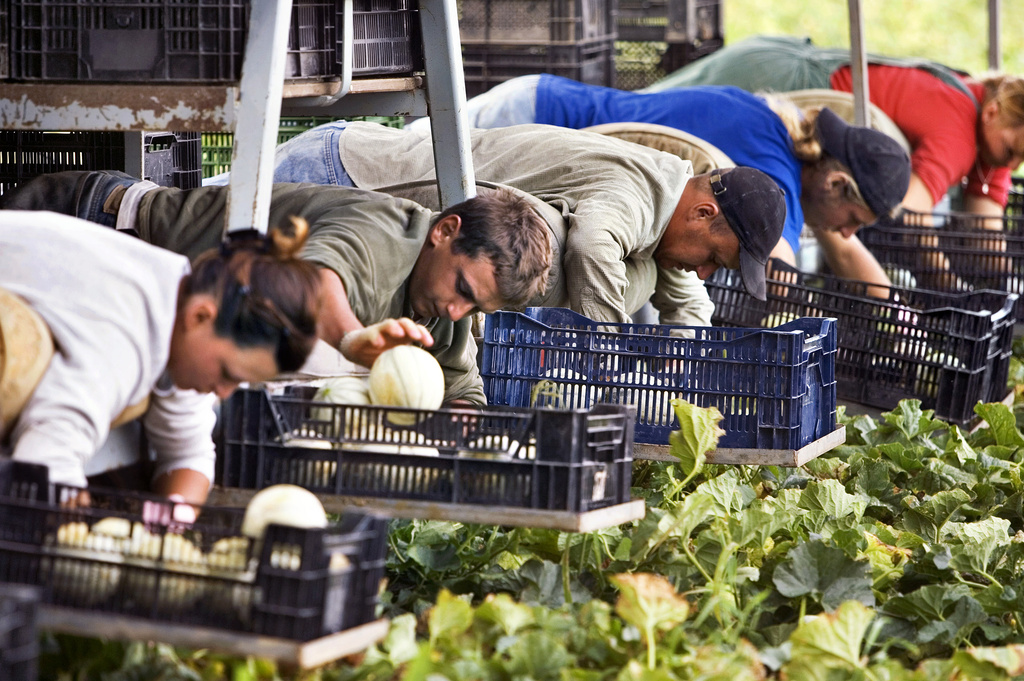New Year marks start of legal reforms

Amid hundreds of new laws coming into force on January 1 will be a mechanism for cracking down on sham marriages and sweeping reforms to simplify legal processes.
In a shift from the usual Swiss decentralisation, a new federal criminal procedure law is replacing Switzerland’s 26 cantonal codes at the federal level.
As a result, criminal offences should be better defined in a standard way within the Swiss Penal Code and allow for prosecution and judgments according to the same rules.
The Federal Justice Office said this harmonisation will help prosecuting authorities tackle cross-cantonal cases and ease international cooperation. It also foresees better rights for victims and wider witness protection.
While the structure of courts will remain essentially a matter for the cantons, the public prosecutor’s office will be beefed up, carrying out initial investigations and bringing charges, thereby doing away with the former investigating magistrates.
The new federal code bans certain types of undercover investigations, prompting concerns that it would prevent police from posing as children in internet chatrooms to catch paedophiles. But the issue is being changed as a result once again on a cantonal level, giving cantons the right to authorise police to browse chatrooms secretly.
Under a legal amendment coming into force, Switzerland will be taking a harder stance against war crimes. Crimes against humanity will enter into the Swiss penal code, requiring Switzerland to crack down on the most serious crimes, even if they are committed abroad.
The biggest ever merging of districts becomes official on January 1. The 25 communes of canton Glarus will combine to form just three districts: Glarus, Glarus North and Glarus South. At 430 square kilometres, the latter will be the biggest such merged district in the country. From the January 1, Switzerland will have 2,551 communes, 348 fewer than in the year 2000.
Another 48 Vaud communes are due to merge in the first quarter of 2011 to form 12 regrouped entities.
Illegal aliens
Authorities have been intensifying efforts to end sham marriages by people wanting to gain Swiss residency. Recent statistics show that of 3,500 marriages examined in 2008, nearly 500 were found to be illegal.
In the New Year, illegal immigrants and asylum seekers will no longer be able to marry in Switzerland.
Foreigners wanting to marry a Swiss will have to prove they are a legal resident. Any person wanting to get married but without a legal status will be reported to the police. Supporters of the law say it will help coordinate migration and civil services among the various cantons.
In another residency change, foreigners finishing their studies in Switzerland will be allowed to stay on another six months to find a job.

More
Federalism
Financial impact
The New Year legislation will also impact on Swiss purses.
Swiss will have to spend more on health insurance with annual premiums once again going up. Among other rises, a pack of cigarettes will cost SFr0.20 more.
Meanwhile some savings will come into effect at the start of the 2011 fiscal year: a new SFr250 ($264) allowance per child and an option to make childcare by a third party deductible by SFr10,000 per child.
Adding incentives to politics in an electoral year, donations to political parties for under SFr10,000 will also be tax deductible.
A minimum wage will be set for cleaners: SFr18.20 an hour when working at least five hours a week for the same employer. Switzerland typically sets out minimum wages by sector.
And to boost employment, several initiatives will provide for the assets of people aged 58-70 who continue working.
A new law will extend until the end of 2012 measures to guarantee protection for the amount deposited into bank accounts, from SFr30,000 to SFr100,000 – in case of bank failure.
Green incentives
Legislation will also touch the environment, with new requirements for all major gas power stations to offset CO2 emissions in the future.
Electricity companies will pay more money to cantons for using water to produce energy. As a result charges are due to rise from SFr80 to SFr100.
To protect the environment, a new law will work at restoring rivers and lake shorelines to a more natural state.
The House of Representatives and the Senate constitute parliament, which is the legislative power in Switzerland.
The two chambers debate all constitutional amendments before they are put to the popular vote.
Bringing in new legislation is a complex and at times protracted business. The process takes at least 12 months but it has been known to take as long as 12 years or more.
The number of new acts has significantly increased in recent years. On average, every week sees a new act come into force or an existing act amended.
The state of Switzerland is based on the principle of federalism, which in this case means that the member cantons retain a large degree of autonomy.
Federalism has been of central importance in the governance of Switzerland since the founding of the modern state in 1848.
Switzerland has 26 cantons and more than 2,500 communes.
All cantons have equal rights, and in comparison with the situation in other countries, they have a high degree of independence. Health care, education and culture are among the policy areas where they enjoy a large degree of latitude.
The cantons, and similarly the communes, enjoy a high degree of responsibility for their own affairs. Only those tasks which communes and cantons are unable to carry out are delegated to the next higher level.

In compliance with the JTI standards
More: SWI swissinfo.ch certified by the Journalism Trust Initiative














You can find an overview of ongoing debates with our journalists here . Please join us!
If you want to start a conversation about a topic raised in this article or want to report factual errors, email us at english@swissinfo.ch.